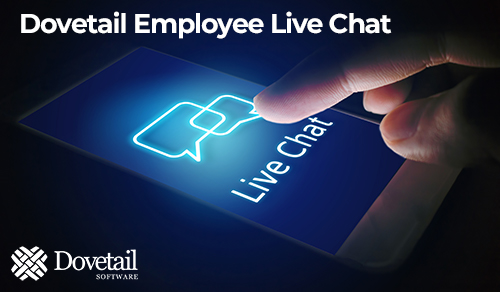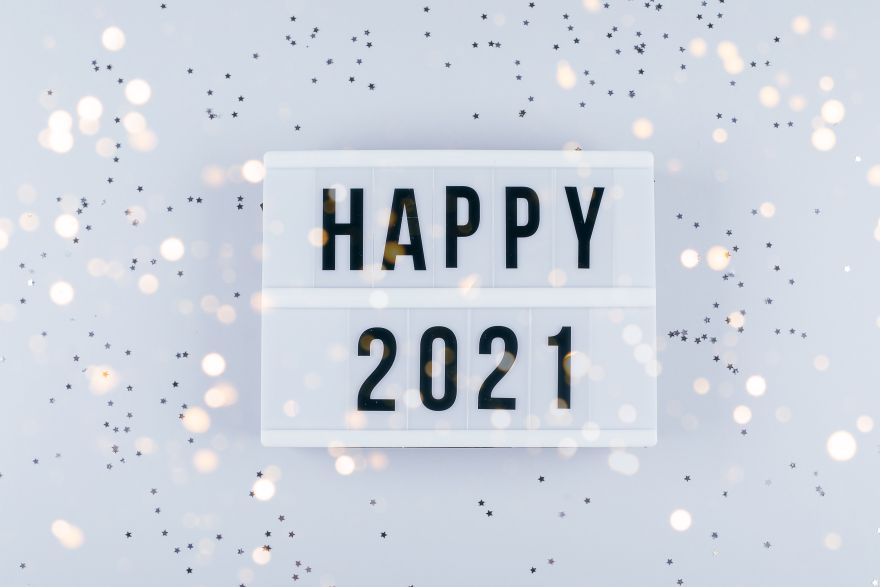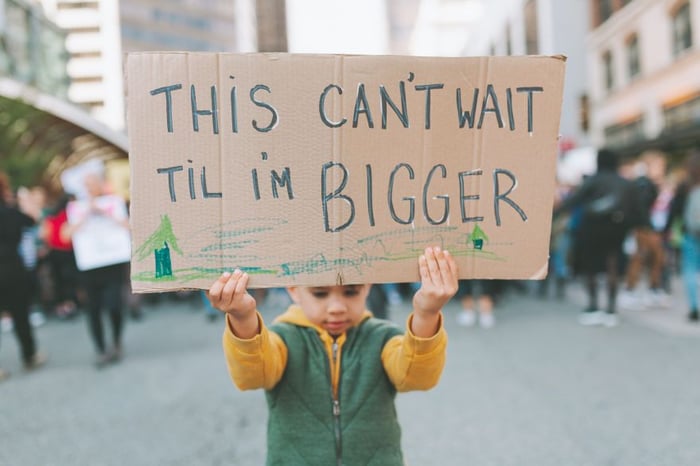
The Times They Are A-Changin'
Society is changing and businesses will have to too. That was one of the key messages at Gartner's virtual IT Symposium/Xpo EMEA held in November.
Speaking on Gartner’s Top Strategic Predictions for 2021 and Beyond, Daryl Plummer, Distinguished VP Analyst at Gartner, said that by 2024, 30% of major organizations will use a new 'voice of society' metric to act on societal issues and assess the impacts to their business performance. “Being tone deaf to societal issues can hurt, and a brand can go away overnight”, Daryl added, before mentioning the almost overnight demise of the Uncle Ben's brand, directly resulting from societal pressure.
"You better start swimming or you'll sink like a stone"
Bob Dylan
Recent dramatic changes in public (and employee) opinion around issues such as Public Health, Diversity, Equity & Inclusion, and Climate Change, as well as large scale social and political unrest, are accelerating transformation within organizations, as businesses respond to the pressures for change.
In this month's issue of Dovetail's HR News Roundup, we take a closer look at the latest research and insight about the 'big' external pressures that are driving change within organizations today:
1. Public Health & COVID-19

The public health crisis caused by COVID-19 has resulted in a number of changes in the way we work, perhaps the most significant being the increase in remote working.
Writing in Forbes online, Gad Levanon, Head of the Labor Market Institute at The Conference Board, the business and labor market think tank, believes remote work may be the biggest legacy of Covid-19. For example, insight generated from surveying US HR executives, showed that by Sept 2020 over a third of respondents believed that 40% of their workforce will primarily work from home after the end of the pandemic. While Deloitte writes in Cultivating a post-COVID “workplace” that:
"as challenging as this year has been for employees suddenly forced to work remotely, most are getting used to it—and they don’t want to go back. A recent survey of more than 1,100 remote workers by The New York Times and Morning Consult found that 86 percent of workers were satisfied with their current situation."
Reasons why employees are willing to work from the kitchen table? No time spent commuting, greater flexibility, and more time outside, to name a few.
The professional services firm suggests that business leaders tempted to view remote working arrangements as temporary, might need to adjust their thinking. Instead they should focus on what has been lost, and start considering what could be gained if the workplace reality is forever changed.
Click here to download Deloitte's report in full.
2. Diversity, Equity, and Inclusion
“As we listen to the voices of consumers, especially in the black community, and to the voice of our associates worldwide, we recognise that now is the right time to evolve the Uncle Ben’s brand, including its visual brand identity, which we will do.”
Mars, parent company of the rice brand that was, Uncle Ben's
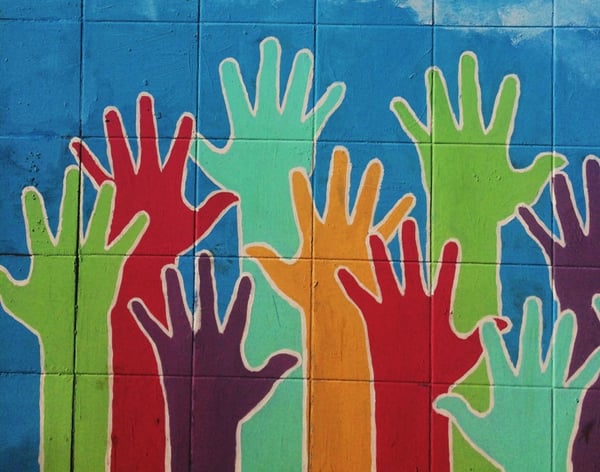
2020 was always set to be a year when more attention would be given to diversity, equity and inclusion issues, such as meeting the expectations of a multigenerational workforce, taking steps to eliminate unconscious bias in the workplace, and new policies that support gender identity and expression, and diversity of political thought in the workplace.
To help HR professionals get to grips with a rapidly changing world, SHRM (The Society for Human Resource Management) provides a valuable resource page on Diversity, Equity & Inclusion, that includes information and research on:
- inclusion of people with disabilities in the workplace
- creating inclusive workplaces for transgender and nonbinary employees
- best practices for confronting age bias and building generational diversity
Using analytics to eliminate unfair bias in the workplace
The Harvard Business Review responds to questions about the ability of HR data-based processes to introduce or perpetuate bias, and its broader impact on fairness in the workplace in its article, 7 Ways HR Can Build a Fairer, Data-Informed Culture. It reports there are are nearly 200 types of cognitive bias that affect human decision-making, but that the right use of data may lead to fairer decision-making by reducing the subjective (and possibly biased) interpretations of human decisions. It recommends seven ways to a fairer organization:
- Develop organization-wide definitions of fairness
- Promote fairness with a strong business case
- Embrace technology while accepting its limits
- Conduct fairness audits
- Find the underlying cause of your problem
- Make diverse, cross-group collaboration a must
- Keep the H in HR
The report concludes by stating that the new, analytics-based environment provides opportunities to define fairness for the organization, build a business case for it, and collaborate with groups within and outside the organization to create and maintain it.
Click here to find out more.
3. Climate Change and the Pressure From Employees, Consumers, Regulators and Investors for Transformational Business Change
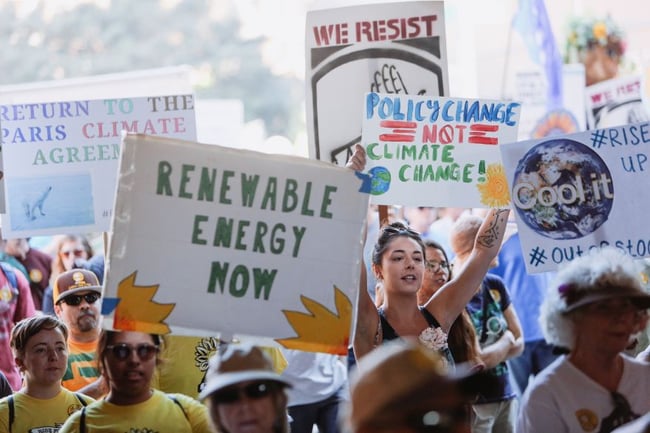
Prior to COVID-19, boards were already under pressure to address environmental issues – from governments, consumers and employees, as well as investors and lenders.
It's a particularly important topic for young employees - prior to the pandemic and the devastating wildfires of 2020, 4 out of 10 young people identified climate change as one of the most significant issues facing the planet.
In Climate change and corporate value, a survey and report by Eversheds Sutherland and KPMG, there is growing recognition among businesses that climate change may very likely result in substantial transformation of their business (as well as bring new opportunities).
Pressure for change
Companies are being pressured to implement climate change strategies such as decarbonization by a range of stakeholders, including:
- Investors who are key influencers and very focused on climate issues when evaluating investment and divestment decisions
- Regulators and employees who have become an important factor, and an ever-increasing consumer demographic that is putting climate change at the top of their priorities
In 2020 it's become clear that the voice of the consumer and employees, combined with the influence (and power) of regulators and investors, has the potential to substantially transform businesses now and in the future.
Click here to download the full report.
4. Social Unrest, Employees and the Workplace
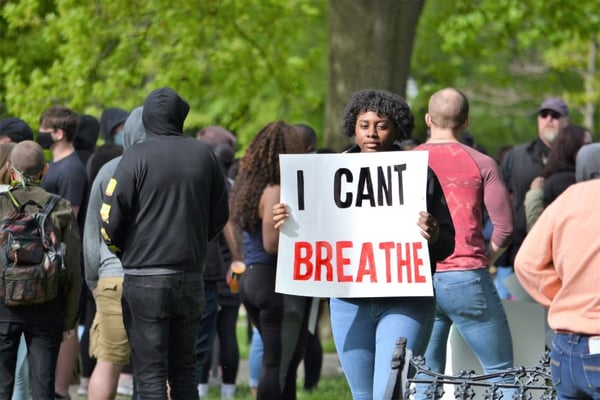
XpertHR, a leading provider of employment law and good practice guidance, writes in Post-Election Civility and Productivity in the Workplace, that although the US election is over, everyone who expected things to "go back to normal” has realized that the subject of civility is going to continue to be an issue in the modern workplace.
"...most Millennials (57%) are somewhat, or very concerned, that disagreeing with the political views of their bosses, or co-workers, could negatively bias their performance review"
Rachel Ernst, CHRO, Reflective
While Katie Navarra at SHRM writes in How to Support Employees After the Election that employees were dreading going to work on November 4, revealing that in a survey (by Reflective) of 1,000 U.S. employees - conducted earlier this year - 54% of participants said that if their candidate lost the election, it would impact their work performance. Another 29% felt that office politics would make it difficult to go to work the day after the election.
Conclusion
It is becoming clear that the effects of COVID-19 on the way we work, and the external pressures brought about by dramatic changes in public opinion on issues such as Diversity, Equity & Inclusion, and Climate Change, as well as social and political unrest, are leading business leaders to think in new ways about how their organizations and business should operate. Consequently, CEOs and other leaders are taking actions that are accelerating transformational change within their respective organizations.
HR leaders that stay informed and up to date with societal change will be able to contribute to the conversation, and play a proactive role in creating and leading on solutions that ensure their organization stays relevant in a rapidly changing environment.


























